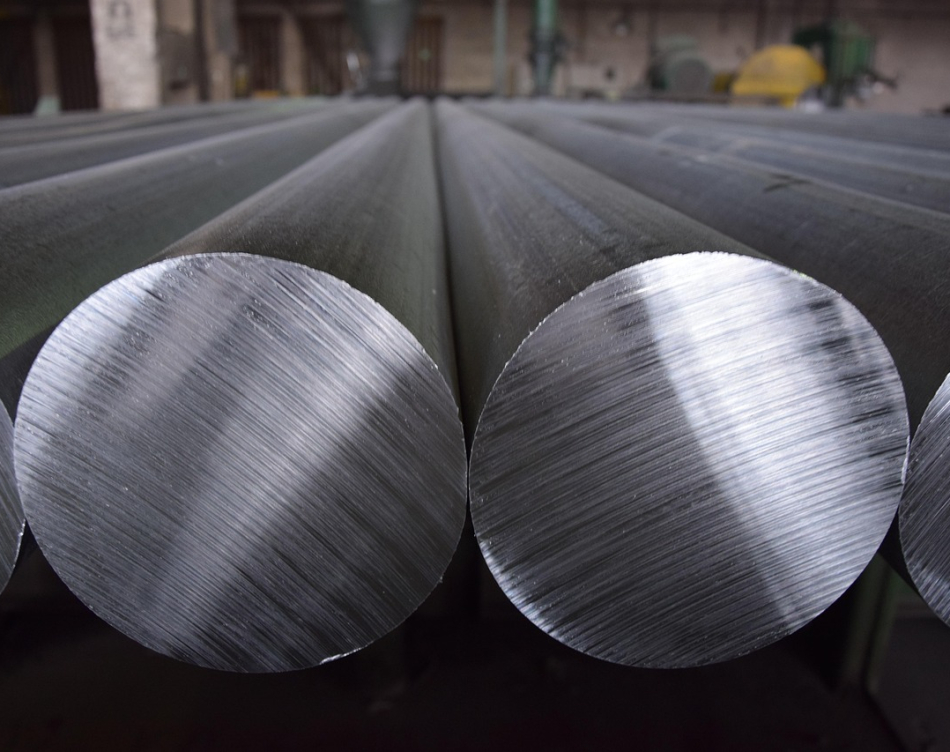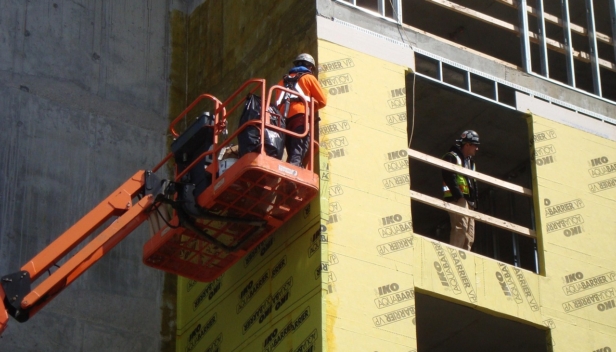Improvement of thin aluminum foil rolling on the B5 mill
Mechanical Engineering

Improvements in the production process are essential for consistently ensuring product quality, especially in processes such as rolling. During rolling, the material is reshaped using a rolling mill, where the machine’s force and precise adjustment of the rolls transform the material. Enhancements are necessary due to numerous factors that influence the quality of the material. Identifying these factors is crucial, as their elimination can lead to better machine utilization and reduced material damage during the process.
It is equally important to recognize other key elements affecting the final material quality and to determine critical points where damage or irregularities frequently occur. Based on the analysis of collected data, optimal solutions for improvement can be identified.
The rolling process involves multiple steps, making accurate data collection indispensable. With the help of modern technology, many parameters are recorded automatically. By analyzing deviations and adjusting technological parameters, it is possible to improve product quality and minimize defects. Ensuring that technological parameters are as close as possible to ideal values is critical, as even minimal deviations can significantly impact the quality of the final product. In foil production, consistency and precise monitoring of process parameters are especially important, as any deviation can lead to substantial defects.
Subsequent operations, such as transferring material to other production stages, also have a significant impact on quality. These transfers introduce the potential for damage caused by handling equipment or improper procedures. The final stage of production, which includes cutting and packaging the material, requires special attention. During this phase, it is necessary to inspect and remove substandard or damaged coils to ensure the highest quality for the customer.
By reducing damage and irregularities at all stages of the process, the amount of scrap can be minimized, directly reducing company costs.
Systematic monitoring of the production process allows for faster implementation of improvements and problem resolution. Precise data collection and analysis are therefore critical for process development, cost reduction, and achieving high product quality. With careful planning and the introduction of changes, production efficiency can be increased, along with customer satisfaction.





